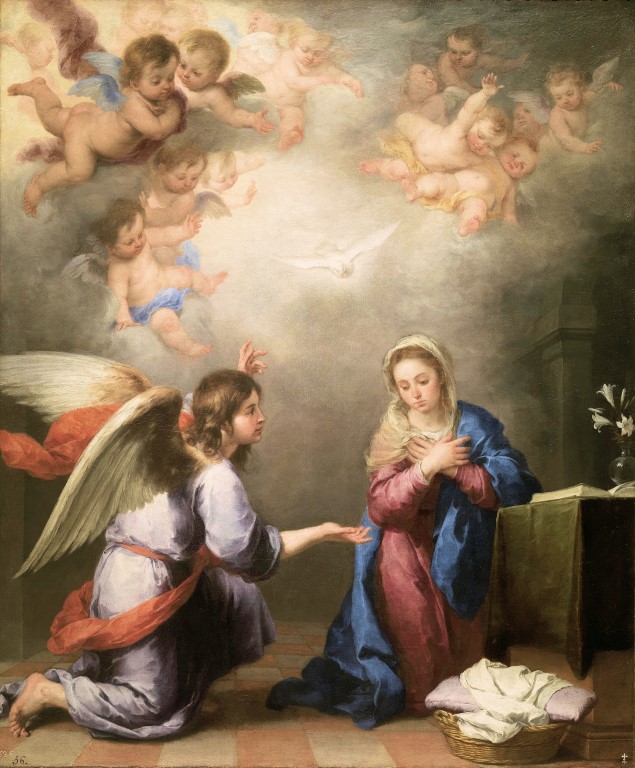The London Carthusian Martyrs
St John Houghton was the first individual to die for his faith at the time of the English Reformation's beginnings under Henry VIII. He was the prior of the London Charterhouse, there being at that time twelve Carthusian monasteries in England.
In 1535, Robert Lawrence, the prior of the Carthusian house at Beauvale, Nottinghamshire, and Augustine Webster, the prior of the Axholme Charterhouse in Lincolnshire, travelled to consult John Houghton on the matter of the oath of supremacy which the King was requiring his subjects to take. The oath acknowledged the King to be the supreme head of the Church in England.
Early in April 1535, the three Carthusian Priors went to see Thomas Cromwell, Henry VIII's chief minister, in order to obtain a form of words for the oath which they could take in conscience. (Previously, John Fisher had agreed that the form which included the reservation "as far as the law of God allows" could be accepted in conscience.) Cromwell refused and had them arrested and imprisoned in the Tower of London. They were tried at Westminster Hall on 29 April 1535 and found guilty of high treason for refusing to accept the King as the Head of the Church in England.
On 4 May 1535, they were hanged, drawn and quartered at Tyburn. St John Fisher and St Thomas More had been in the Tower for just over a year at the time of the martyrdom of the first Carthusians. On the morning of the execution, Margaret Roper was allowed to visit her father (Thomas More), presumably with the intention of scaring her and encouraging her to break her father's resolve. Instead, as William Roper's life records, More said to his daughter,
In 1535, Robert Lawrence, the prior of the Carthusian house at Beauvale, Nottinghamshire, and Augustine Webster, the prior of the Axholme Charterhouse in Lincolnshire, travelled to consult John Houghton on the matter of the oath of supremacy which the King was requiring his subjects to take. The oath acknowledged the King to be the supreme head of the Church in England.
Early in April 1535, the three Carthusian Priors went to see Thomas Cromwell, Henry VIII's chief minister, in order to obtain a form of words for the oath which they could take in conscience. (Previously, John Fisher had agreed that the form which included the reservation "as far as the law of God allows" could be accepted in conscience.) Cromwell refused and had them arrested and imprisoned in the Tower of London. They were tried at Westminster Hall on 29 April 1535 and found guilty of high treason for refusing to accept the King as the Head of the Church in England.
On 4 May 1535, they were hanged, drawn and quartered at Tyburn. St John Fisher and St Thomas More had been in the Tower for just over a year at the time of the martyrdom of the first Carthusians. On the morning of the execution, Margaret Roper was allowed to visit her father (Thomas More), presumably with the intention of scaring her and encouraging her to break her father's resolve. Instead, as William Roper's life records, More said to his daughter,
Lo, dost thou not see, Meg, that these blessed fathers be now as cheerfully going to their deaths as bridegrooms to their marriage.


